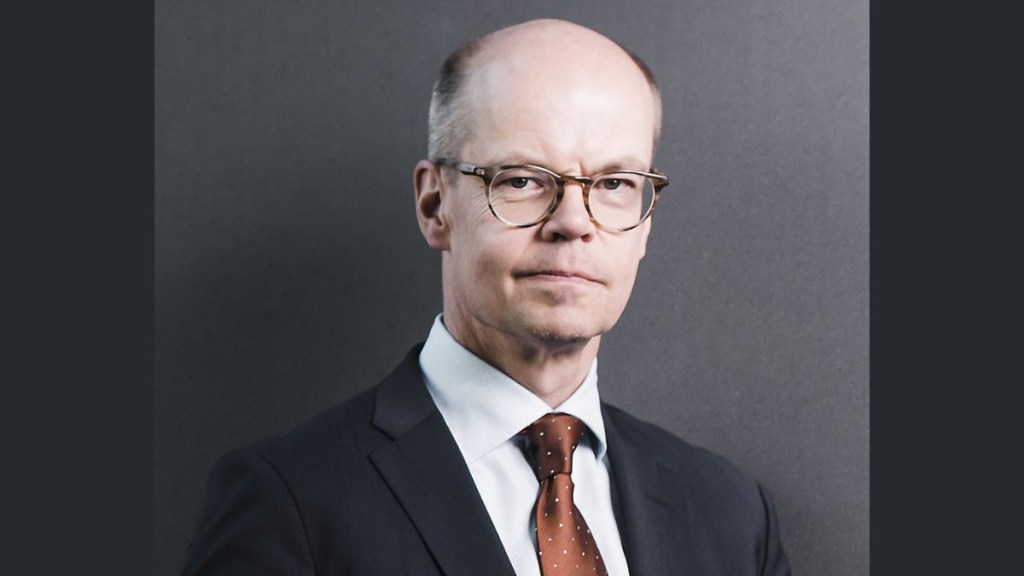The eighth director general of the International Baccalaureate (IB) — a school board — Olli-Pekka Heinonen is regarded as among the global leaders in education. During 2016-21, he served as the director general of the Finnish National Agency for Education, and as the Finnish minister of Education & Science during 1994-99.The IB board he represents is currently being followed by 200-odd schools in India, although globally over 5,500 schools in 160 countries follow this board. “Most major cities in India have an IB school, with larger concentrations in New Delhi, Mumbai, Kolkata, Bangalore and Chennai,” he told FE’s Vikram Chaudhary. “But there is a long way to go before a substantial number of schools subscribe to the IB.” Excerpts:
Is the IB only for elite schools in India?
Globally, about half of IB schools are public. In countries like India, there is definitely room for the IB to increase access. While the IB is definitely not for elite schools, we have work to do to make the IB more accessible.
What all does an Indian school need to do to get access to the IB?
One major challenge is the availability of teachers trained in the IB pedagogy, and we are working on this area by providing training programmes for them.
Is the IB recognised by all higher education institutes and universities?
Since 1983, the IB Diploma Programme (DP) has been recognised by the Association of Indian Universities (AIU) as an entry qualification to all universities in India. In September 2021, the IB received notification that the Career-related Programme (CP) has also been approved for equivalency by the AIU. Indian universities accept CP students’ qualifications as equivalent to Indian school boards, such as the Council for the Indian School Certificate Examinations (CISCE) and the Central Board of Secondary Education (CBSE).
The recent Annual Status of Education Report 2022 flags widening learning gaps. What can boards such as the IB do to enhance learning of students?
Our programmes encourage both personal development and academic achievement, challenging students to think critically, to ask the right questions and think across disciplines. An IB education also fosters diversity, curiosity and a healthy appetite for learning. We believe that we can make a big difference.
Have you had active discussions with Indian authorities on enhancing learning outcomes?
The Haryana School Education Board (HSEB) has signed a pact with the IB to provide training to teachers of government schools at par with international standards. The state education minister Kanwar Pal Gujjar signed a memorandum of understanding (MoU) with an IB school in Gurugram. It is every parent’s dream to send their children to an IB-affiliated school. This collaboration will provide government school students access to the mode of teaching adopted by teachers at international schools.
Have you tried in bring in Scandinavian best practices into the IB?
I have found that there are a lot of similarities between the Finnish education system and the IB system. But it’s not just the Finnish education system we are aiming to follow, we are trying to include the best practices from across the world, including India.

